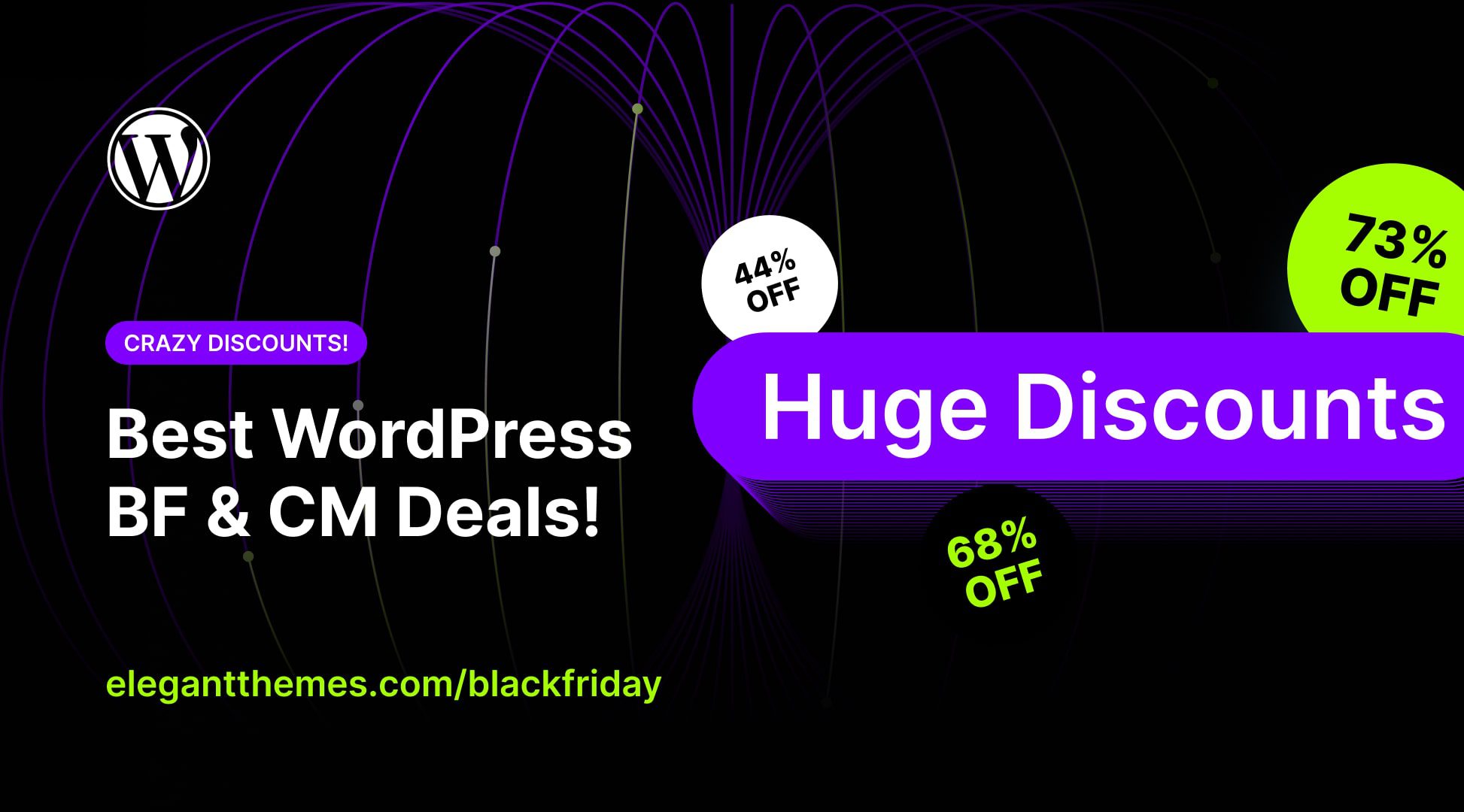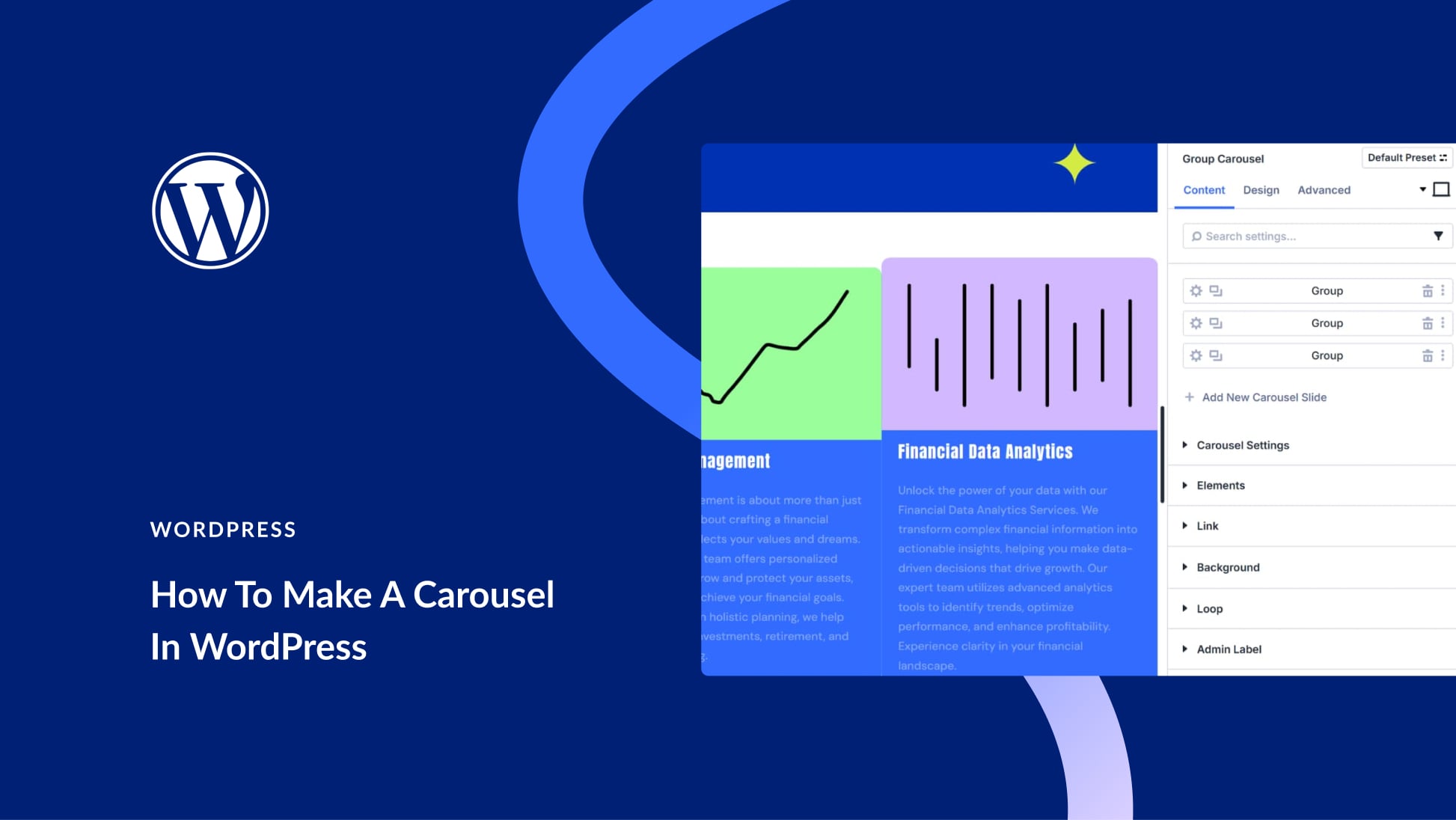Do over-sharers bug you? Maybe you want to speak your truth, tell your story or share your opinions (the ones that aren’t shared by the majority), and you don’t need credit when doing it. Privacy still exists, and you can shout your beliefs from your anonymous blog without anyone finding out who’s behind the curtain.
There are a number of reasons to start a blog without having your name plastered all over it. Maybe you’d like to keep your identity hidden from a boss, your parents, a spouse or the people you’re writing about. If you write about hot button issues or you have a radical view on a topic, you may want to avoid blowback on social media. Or, maybe you just don’t want extra attention. With WordPress, it’s possible to blog anonymously, keeping your identity and personal information safe and sound. (FYI, journalists and whistleblowers who are involved in high-risk content should use more advanced methods, like Tor.)
But First: Reasons to Not Create an Anonymous Blog
If you think you want to blog anonymously, you may want to reflect on the following before going incognito.
You want to do bad things online
Whether or not your identity is hidden, it’s still illegal to bully someone online or slander a person or company. You also can’t share illegal or offensive content, and you probably shouldn’t start a blog simply to spread lies. If someone wants to come for you (like the government or a talented hacker), they’ll find you no matter how private you think you’re being.
Your life will be ruined if you’re found out
While you may not want people to know your identity, and while you can take all of the steps available to keep yourself protected, think about the consequences if you are outed. It’s possible even if it’s not probable. If you can’t live with the consequences, or if they go far beyond basic embarrassment or that feeling of exposure you’re trying to avoid, it’s probably best you don’t start the blog.
You don’t have a ton to say about the topic
Let’s say there’s a topic you want to talk about anonymously, but you only have an article or two in you about it. Don’t go through the trouble of setting up an entire blog. Instead, guest blog under a pen name. You’ll tap into an already-existing audience and won’t have to go through the trouble of building your own.
There’s an outlet out there for whatever you’re interested in writing about. Find it, pitch a piece, and make sure your byline has your pseudonym instead of your real name. You can even conduct the outreach via a fake email address and under a pen name if you want.
Benefits of Starting an Anonymous Blog
Now let’s talk about all the perks of creating an anonymous blog. Basically, you can say whatever your heart desires with minimal, or at least restrained, backlash.
Limitless creativity
You may feel like you can get more creative when you’re not worried about people knowing who’s behind the words. You can write about obnoxious clients without them finding out or go into detail about your dating life without worrying that your parents will read it. Plus, nobody’s feelings will get hurt. Even criticizing or critiquing someone doesn’t have to be personally hurtful; hiding everyone’s identities is a way to get around making someone feel bad.
Judgment-free expression
Blogging anonymously lets you express your thoughts and opinions without being judged. Or, at least the people who are judging you can’t send an email to your personal account or find out where you live. If negative feedback were directed right at you, it could be distracting and keep you from doing the thing you’re there to do: express yourself.
Nobody’s reputation gets ruined
You won’t ruin your reputation or your business because of what you write about on your website. You can protect other people, too. Even if someone who does know you stumbles across the blog, they won’t put two and two together and figure out who you are or who you’re talking about. For even more privacy, use pseudonyms for everyone you mention.
You can branch off into new directions
Let’s say you have a thing you’re known for. You always write about parenting. Your articles are funny and sarcastic. Now, though, you want to write about how you were bullied in elementary school. Or your struggle with anxiety. Or home décor.
You don’t want to confuse your audience, though, or turn them off by churning out off-brand content, or detract attention from your main blog by publishing to a new one. An anonymous blog lets you explore a different path without affecting the one you’ve already paved.
You may feel like you’ll be taken more seriously if people don’t know your background. For example, if you’ve been working in business and marketing for two decades but now you want to blog about credit cards and personal finance, readers may think you know nothing about the topic. By writing anonymously, the focus is on what you’re producing instead of who you are. If the content is high-quality (and accurate, of course), you’ll gain readership based solely on that.
Drawbacks of Having an Anonymous Blog
Blogging anonymously has a lot of pros, but there are a few cons to keep in mind:
- You won’t be able to interact with your fans and readers as yourself. You’ll always have to be filtered through your alias.
- Criticism will still be out there. You can’t stop people from contacting you through your pen name, and you definitely can’t keep people from commenting about your blog online.
- You’ll have fewer options for monetization. For example, to use something like Google AdSense, you’d need to use your personal information to sign up.
- It’s possible that someone will still be able to find out who you are. Having 100% guaranteed privacy isn’t possible.
Still in? Let’s get into how to get your anonymous website up and running.
How to Start an Anonymous Blog with WordPress
The best option for starting an anonymous blog is to use WordPress.org instead of WordPress.com because this way you’ll self-host your website and have total control over privacy and ownership.
Before we get into it, a note about plugins. There are ways to make your WordPress blog or content remains anonymous using dedicated plugins, but this isn’t a foolproof strategy. If you’ve set up WordPress with your real name and personal info, and if the plugin eventually fails or is accidentally deactivated, all of your information could be exposed unexpectedly. Do it this way instead:
Select advanced privacy with your domain name
To have a website, you’ll need to buy a domain name, and to buy a domain name, you’ll need to sign up with your personal information. That includes your full name, address, phone number and email address – basically everything anybody needs to track you down. When you buy a domain name, this information is publicly available; anyone can find it.
Luckily, most domain name providers have a Whois.com privacy option for an extra fee. That means that if someone searches for your domain name information on Whois.com, the provider’s information will show up instead of your own. If you accidentally skip this step when signing up for a new domain name, enable it through your host’s dashboard.
An email address to the domain name provider will be listed on Whois, and if someone sends an email, it’ll be forwarded to you. That way, people can still interact with you without finding out who you are or how to contact you directly.
Amp up security for your anonymous blog with a VPN
A virtual private network (VPN) protects your identity and keeps your internet connection secure. When you have a non-anonymous website, your internet traffic goes through a bunch of different servers that are located all around the world. Hackers are able to look at this traffic and find out what you’re doing.
For extra security, a VPN is like a middleman between you and the rest of the world. When your traffic goes to a VPN, it’s encrypted and then sent along to wherever it’s going using a private server. Basically, a VPN makes it much harder to track who you are and what you’re doing. Quality VPN service providers will have high-level encryption (look for something that says “military-grade encryption,” for example) and hundreds of private servers.
You’ll need to create a pseudonym to use when signing up for email, WordPress and social media. To be safe, use only the fake information and your pseudonym email when setting up your accounts and profiles. If you use your real name somewhere, assuming it’ll stay behind-the-scenes, you could miss a setting and accidentally reveal your identity. Also, make sure you’re actually checking the inbox for your new email address or have emails forwarded to you, since WordPress administrative emails will be sent there.
When creating social media profiles, be just as diligent as everywhere else about not sharing personal information. It’s okay to lie! For example, if you have to supply a location, you can pick one at random. You don’t need to include your actual city and state.
Final Thoughts About Creating an Anonymous Blog
Blogging anonymously feels risky, and at first you may feel even more exposed than if you went public. Nobody else knows you’re keeping a secret, but you know it, and that raises the stakes. Avoid these common pitfalls to maintain your privacy:
- Don’t blog about anything that could be too revealing, like your specific workplace or where you live
- Never use your own photos, even if don’t think they’re identifiable
- Avoid linking back to your main website, the one where you write as you – if all of your backlinks go there, it’ll be pretty obvious who you are
- Don’t share your anonymous posts on your personal social media
There are a lot of reasons to blog anonymously. You may feel like you can be more creative and expressive if you don’t share your identity. You may not want to affect the people that you’re writing about, and if your identity stays private, theirs can too. In time, you can always choose to reveal your identity and start blogging under your real name.
Batting around a few ideas for your new blog? Check out our article with 12 Types of Blogs and When They’re Most Successful.
Featured Image via Andrew Rybalko / shutterstock.com









I will try it right now, Thank You.
this article accurately illustrates everything, really a great article for elegant themes